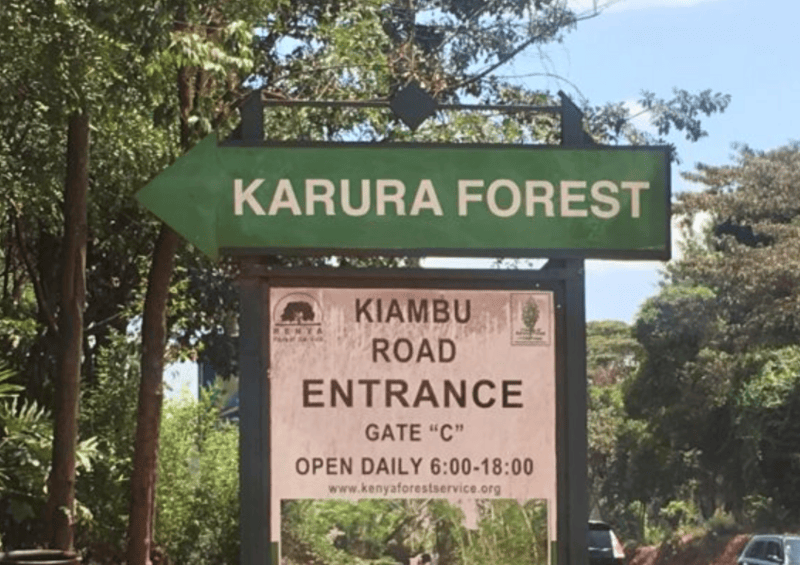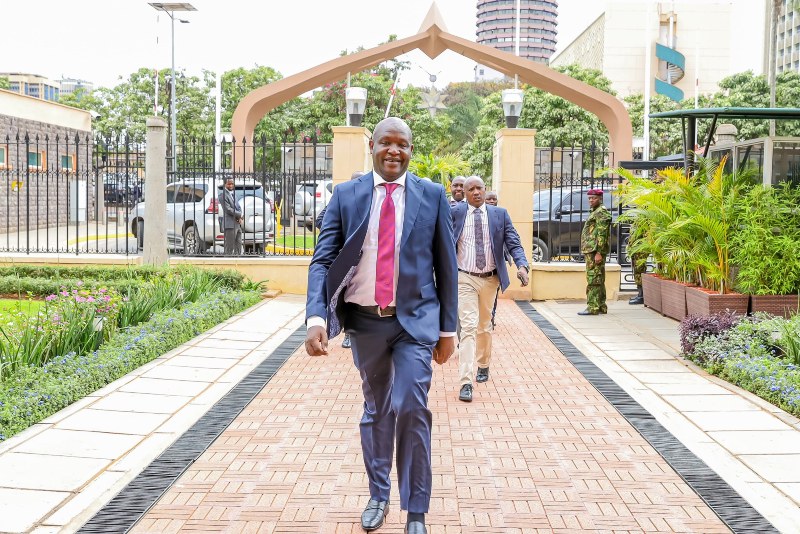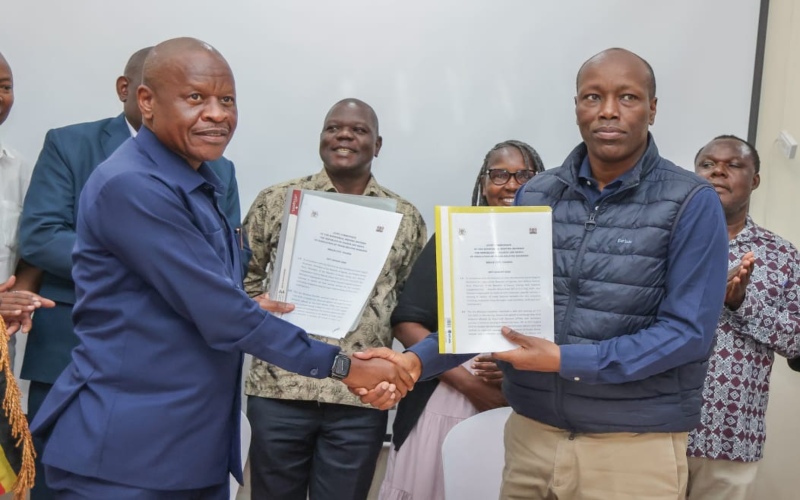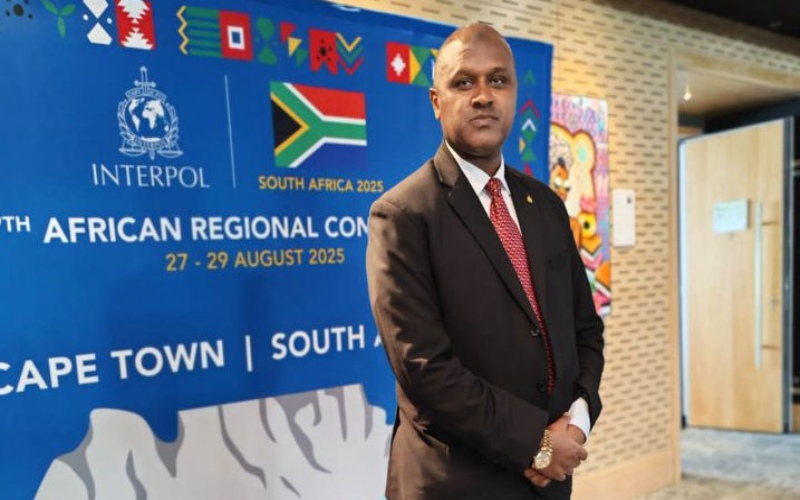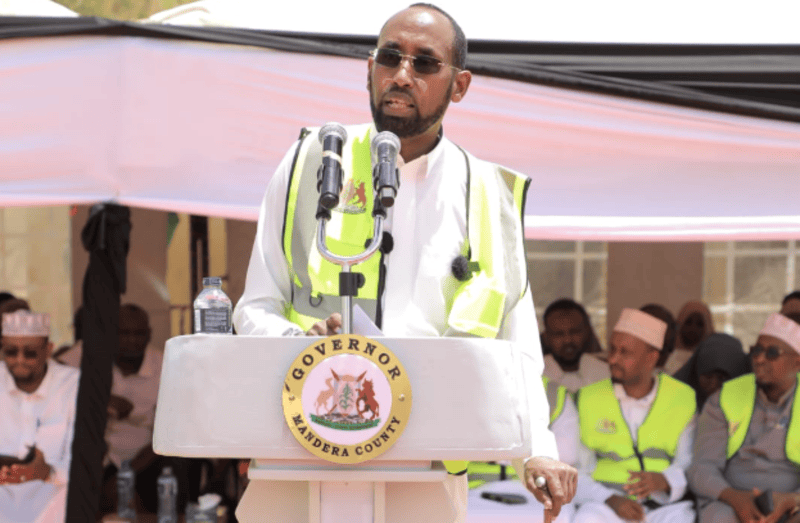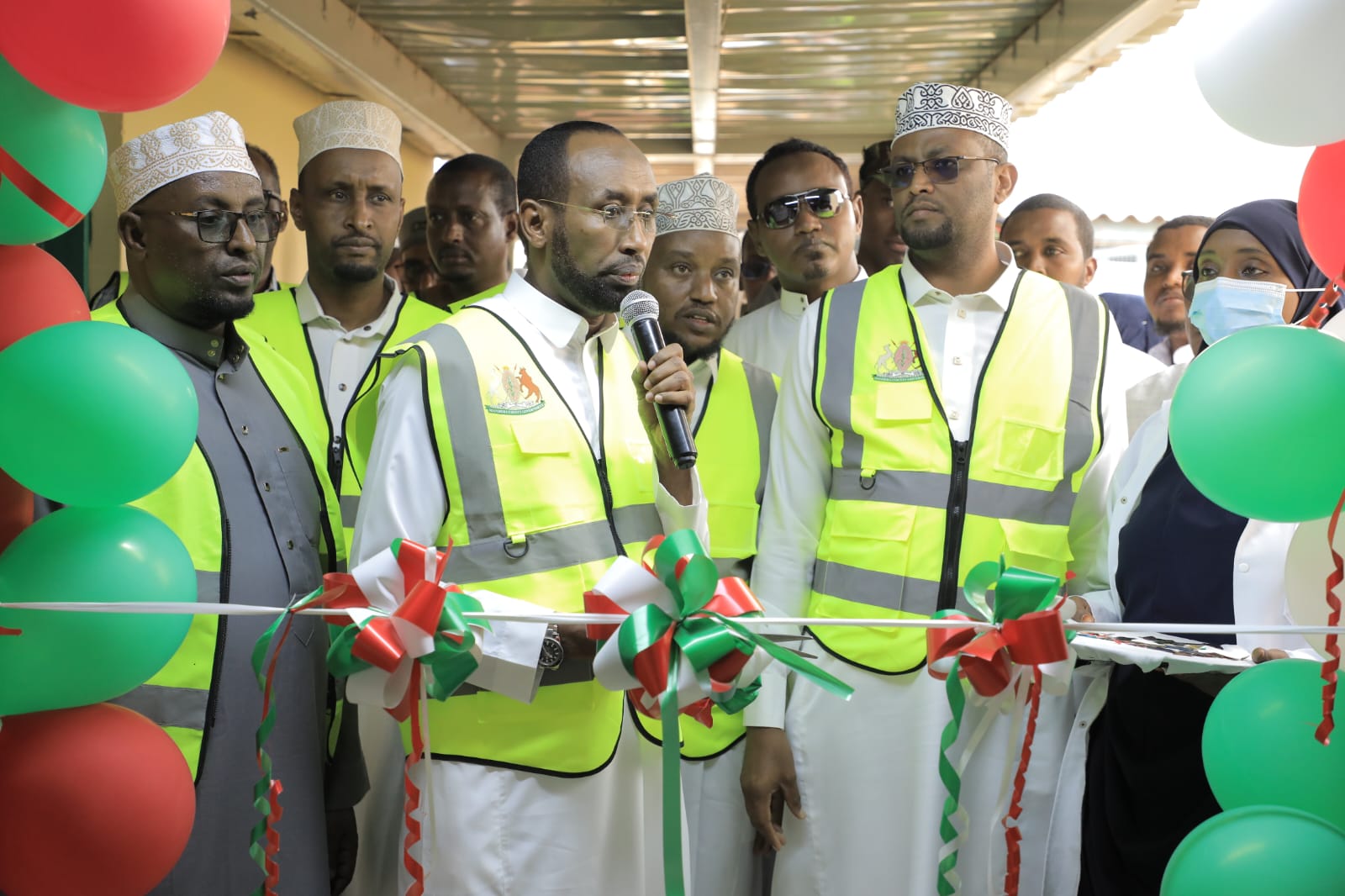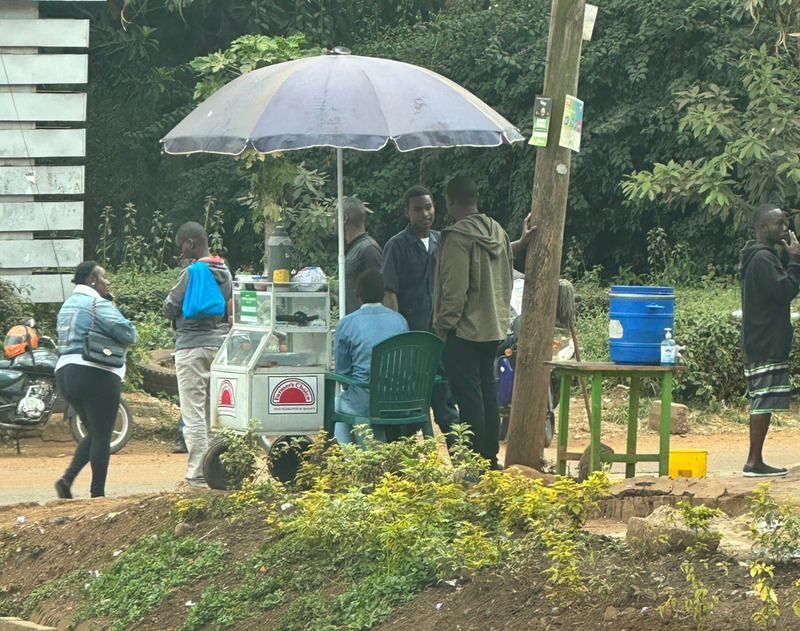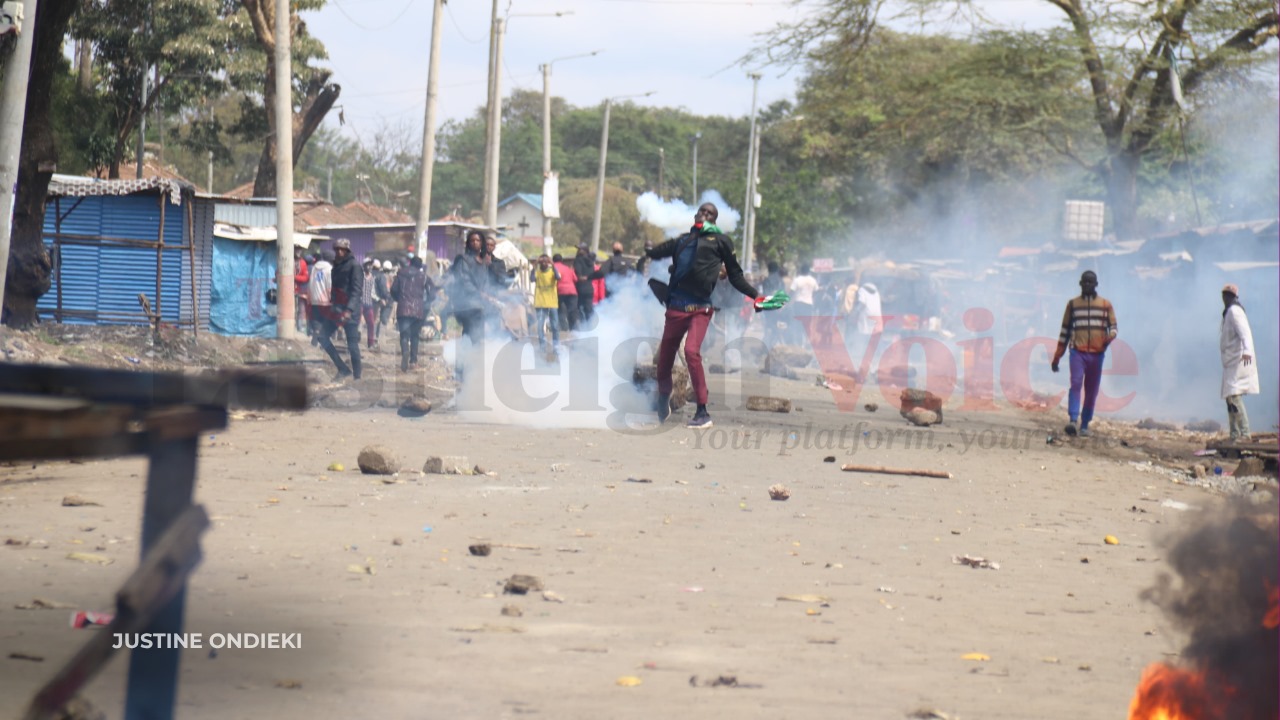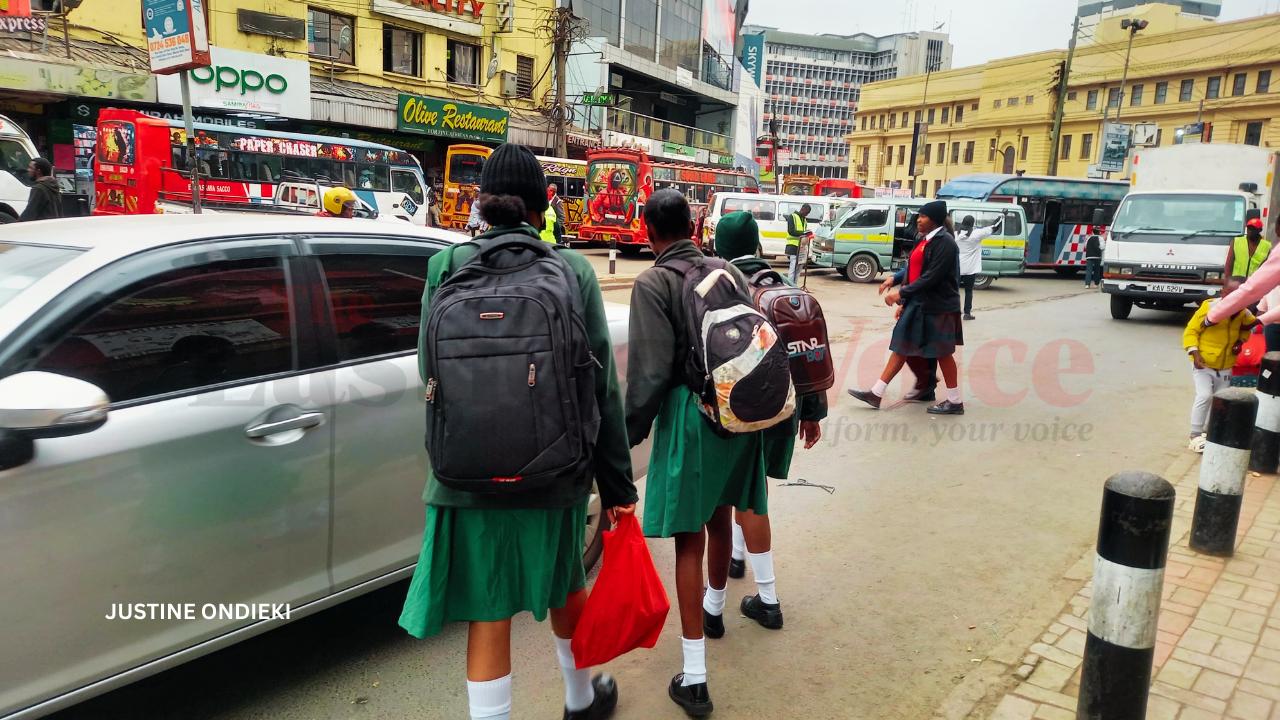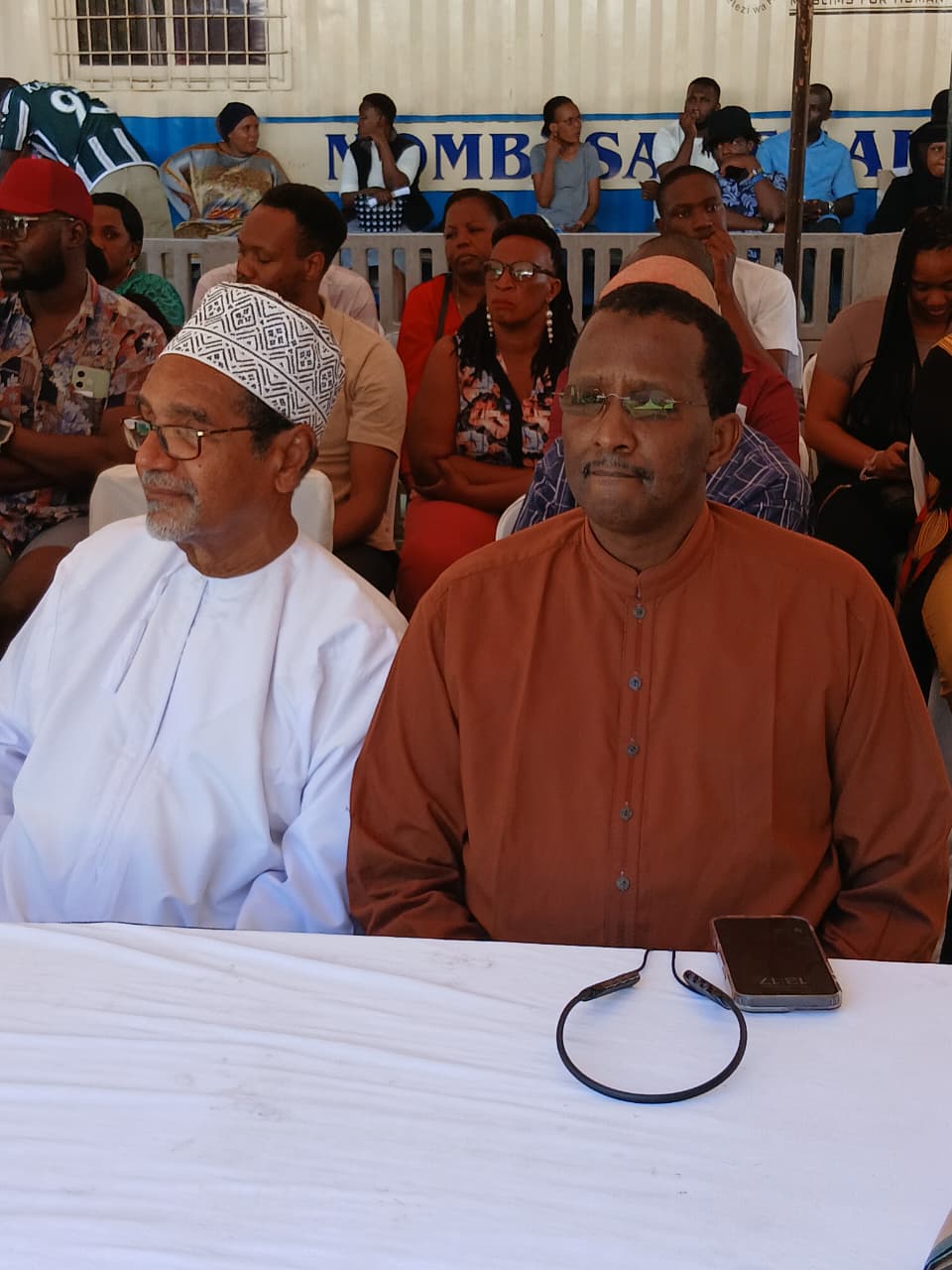Haiti declares state of emergency as gang violence spreads beyond Port-au-Prince

The violence has forced dozens to flee across the Artibonite River, some on foot and others by swimming, to escape gang-controlled areas.
Haiti’s government has declared a three-month state of emergency in parts of the country as authorities struggle to contain escalating gang violence.
The decree, announced on Saturday, applies to the West, Centre, and Artibonite regions, which have seen a sharp rise in armed attacks in recent months.
More To Read
- UN rallies behind Kenya-led security mission in Haiti
- ‘The people of Haiti are in a perfect storm of suffering,’ warns UN chief
- Kenyan-led forces retake Télcos Station from gangs in Haiti
- US wants foreign force in Haiti doubled, scale back on Kenya’s role in taking on gangs
- Why ‘Tomorrow is too late’ to scale up humanitarian aid in Haiti
- World has tools to end Haiti’s crisis, it’s time to use them -humanitarian coordinator
According to Haitian authorities, the measure will enable the state to “continue the fight against insecurity and respond to the agricultural and food crisis.”
“Insecurity has a negative effect both on the lives of citizens and on the country's different sectors of activity. Given the scale of this crisis, it is imperative to decree a major mobilisation of the state's resources and institutional means to address it,” Haiti's government said in a statement, according to Al Jazeera.
Gang violence has plagued Haiti for years, often fueled by links to political and business elites. The situation worsened after the July 2021 assassination of President Jovenel Moise, which created a dangerous power vacuum.
The International Organisation for Migration estimates that about 1.3 million people were displaced nationwide in June, while UN figures show at least 4,864 people were killed between October 2024 and June 2025.
Failed to restore stability
International interventions, including a UN-backed, Kenya-led police mission, have so far failed to restore stability. While most efforts have focused on the capital, Port-au-Prince — where gangs control nearly 90 per cent of the city — the unrest is now spreading to other regions.
According to the UN’s human rights office, between October 2024 and June this year, over 1,000 people were killed and 620 kidnapped in the Artibonite and Centre regions.
The violence has forced dozens to flee across the Artibonite River, some on foot and others by swimming, to escape gang-controlled areas.
In a separate development, the Haitian government on Friday appointed Andre Jonas Vladimir Paraison as interim director of the National Police, replacing Normil Rameau, whose year-long tenure was marked by clashes with members of the Transitional Presidential Council, including Prime Minister Alix Didier Fils-Aime.
Paraison — who previously headed security at the National Palace and was on duty the night Moise was killed — vowed to intensify operations against armed groups.
“We, the police, will not sleep. We will provide security across every corner of the country,” he said during his inauguration.
The leadership change coincides with businessman Laurent Saint-Cyr taking over the presidency of the Transitional Presidential Council, which is tasked with steering Haiti toward elections by February 2026.
Top Stories Today
Reader Comments
Trending
